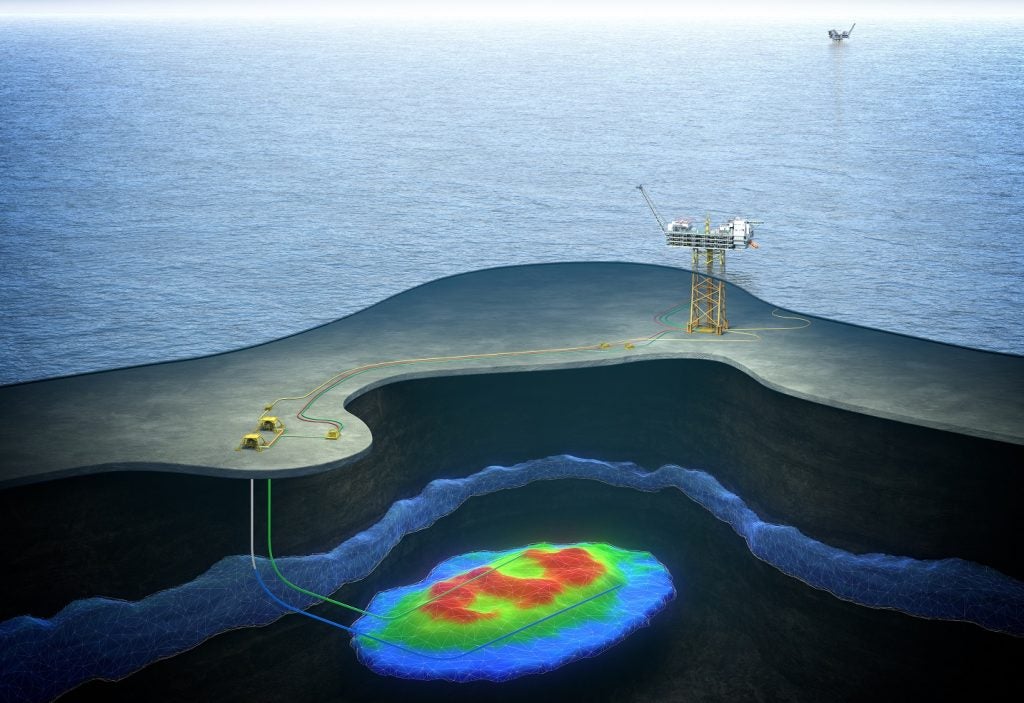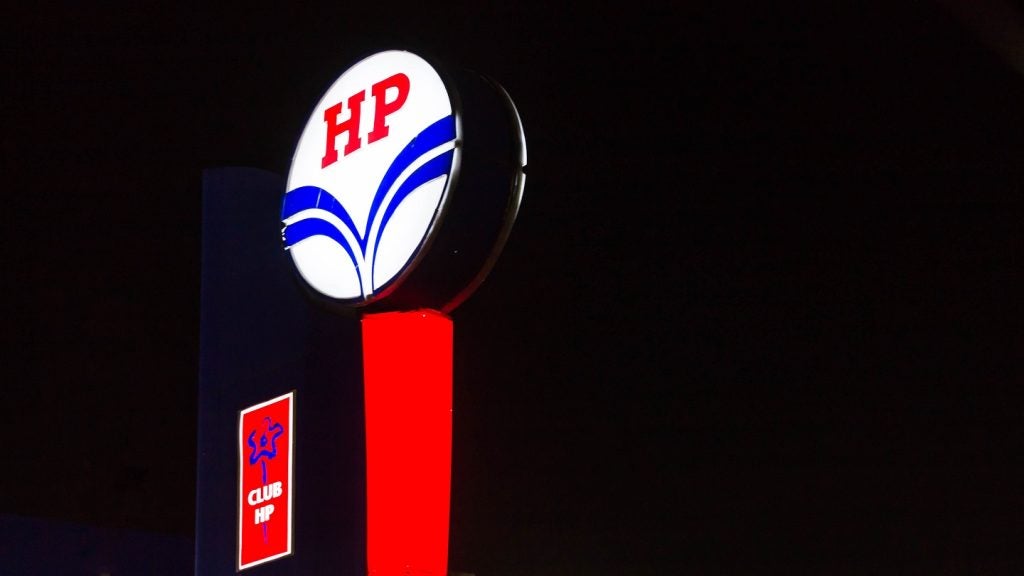The high tax burden in Norway is challenging the commercial viability of Arctic oil opportunities, compared with Russian, Canadian and US Arctic fiscal regimes, according to an analyst from research and consulting firm GlobalData.
GlobalData upstream fiscal analyst Will Scargill said: "In contrast to Russia, which introduced tax incentives for offshore Arctic developments earlier this year, Norway does not provide special incentives for its oil and gas industry.
States and international oil companies (IOCs) that are considering Arctic operations should balance the attractiveness of all regimes with other obstacles, Scargill said.
"Norwegian fiscal terms were made even less appealing in May 2013, when the Labour-led government reduced the capital expenditure uplift, allowed over four years, from 30% to 22%."
Scargill noted that the change had a particularly detrimental impact on the potential economics of projects needing high capital outlay, and the effects are especially visible in the marginal commerciality of Statoil’s proposed Johan Castberg project in the Barents Sea.
See Also:
"Although the right-wing coalition, which came into power in September 2013, indicated that it may introduce measures to mitigate the effect of the change, no incentives were announced in the recent budget."
How well do you really know your competitors?
Access the most comprehensive Company Profiles on the market, powered by GlobalData. Save hours of research. Gain competitive edge.

Thank you!
Your download email will arrive shortly
Not ready to buy yet? Download a free sample
We are confident about the unique quality of our Company Profiles. However, we want you to make the most beneficial decision for your business, so we offer a free sample that you can download by submitting the below form
By GlobalDataAccording to Scargill, Johan Castberg’s economics indicate that without such measures, new developments are unlikely to be commercially viable further north in the Barents Sea, where costs are estimated to be higher.
The Canadian and US Arctic regimes would likely allow a project with Johan Castberg’s cost profile to generate a better return on investment.
Scargill said: "Despite the potential for promising economics in Alaska and Canada’s offshore regions, these areas are subject to stringent environmental regulations, which could frustrate operators’ plans."


.gif)




